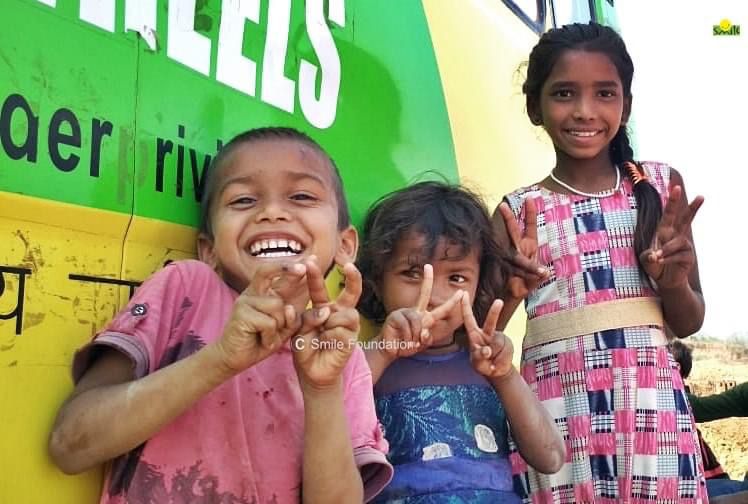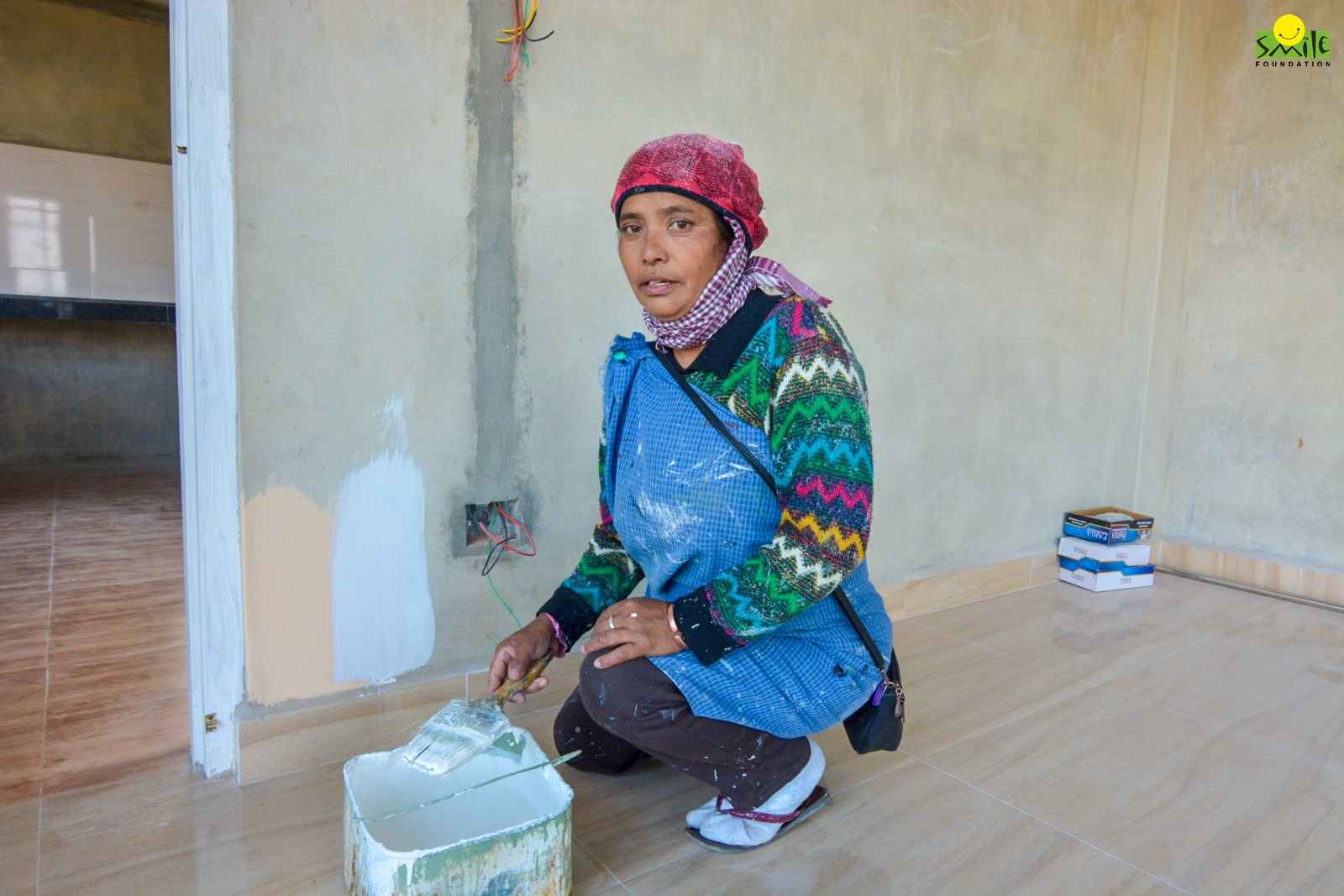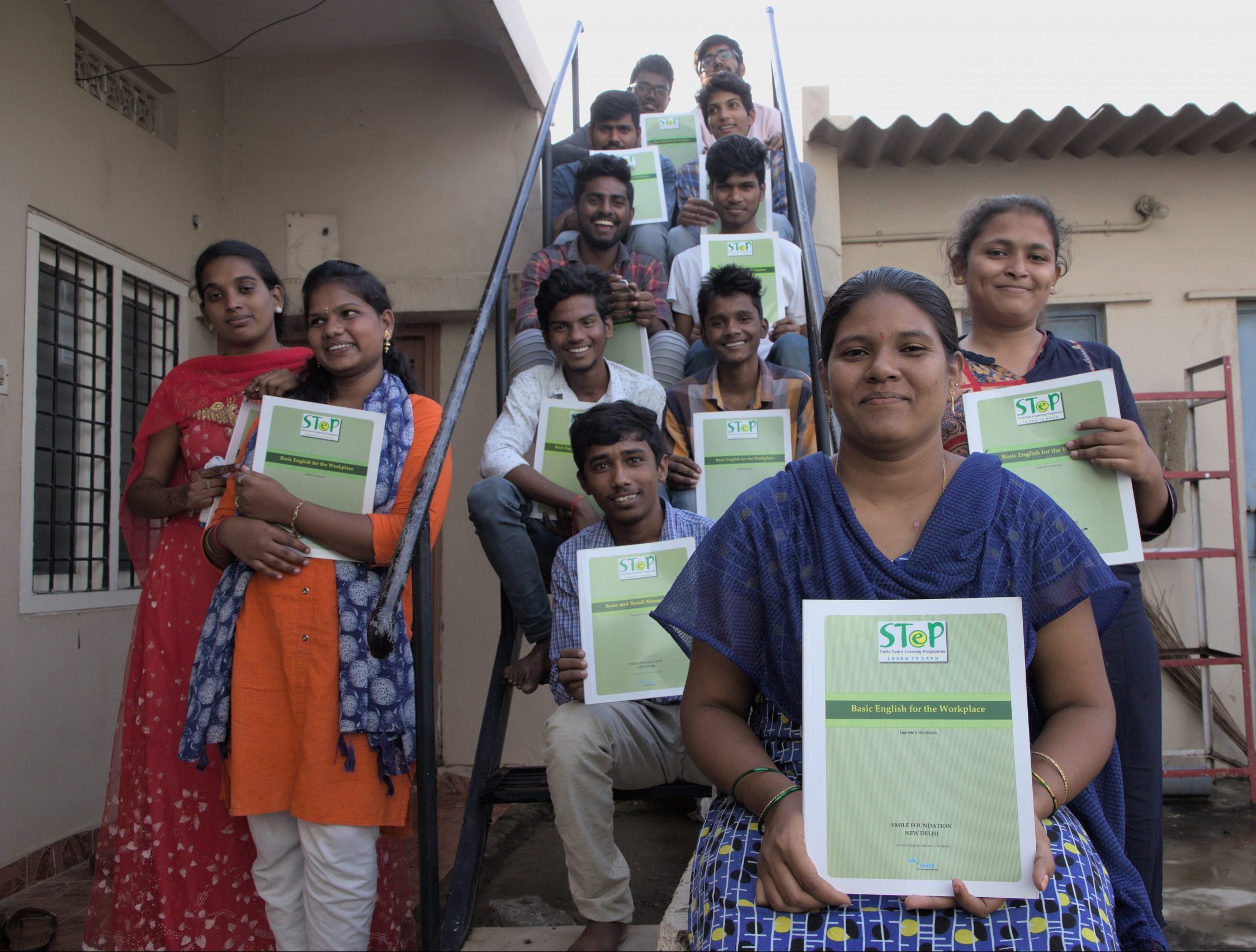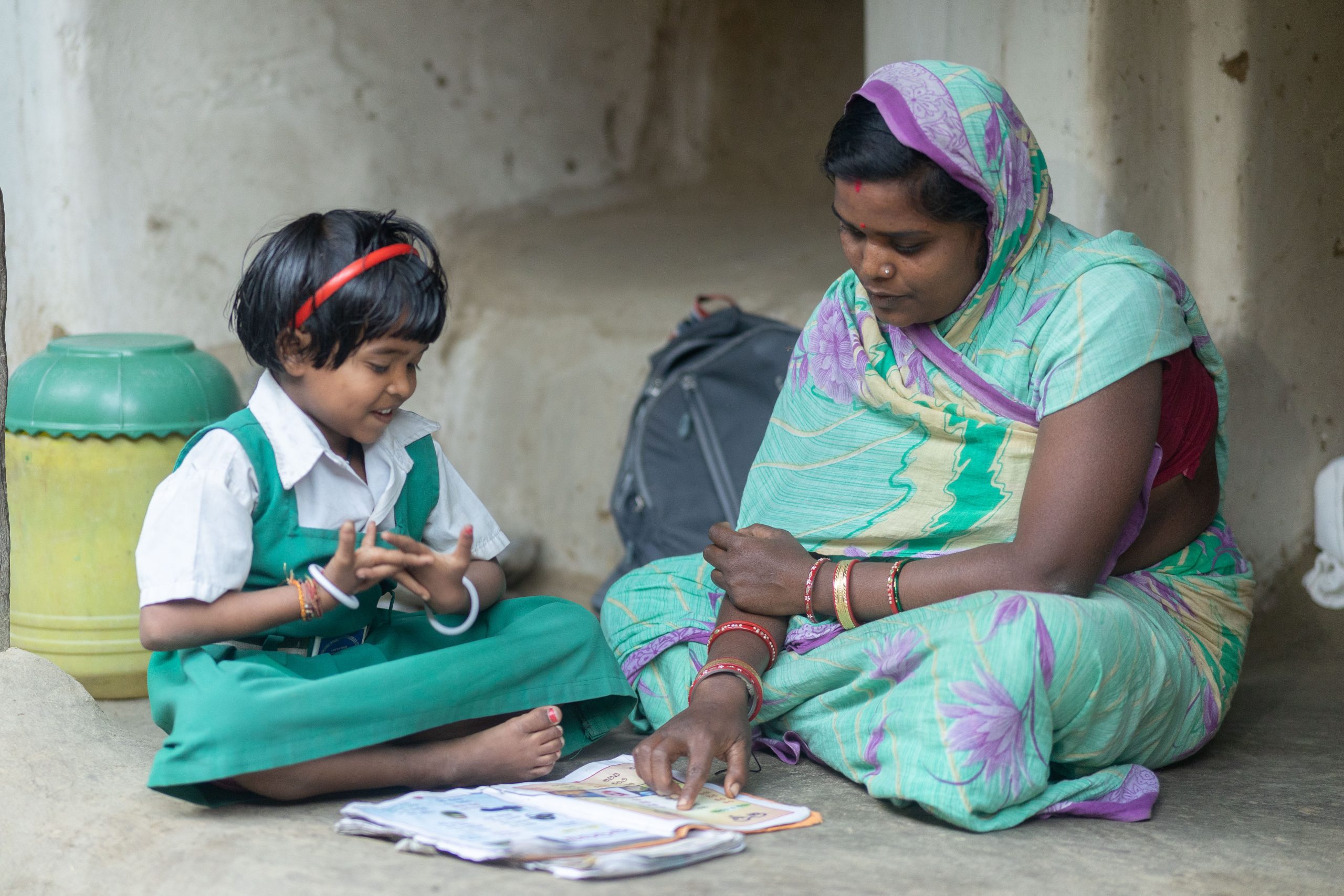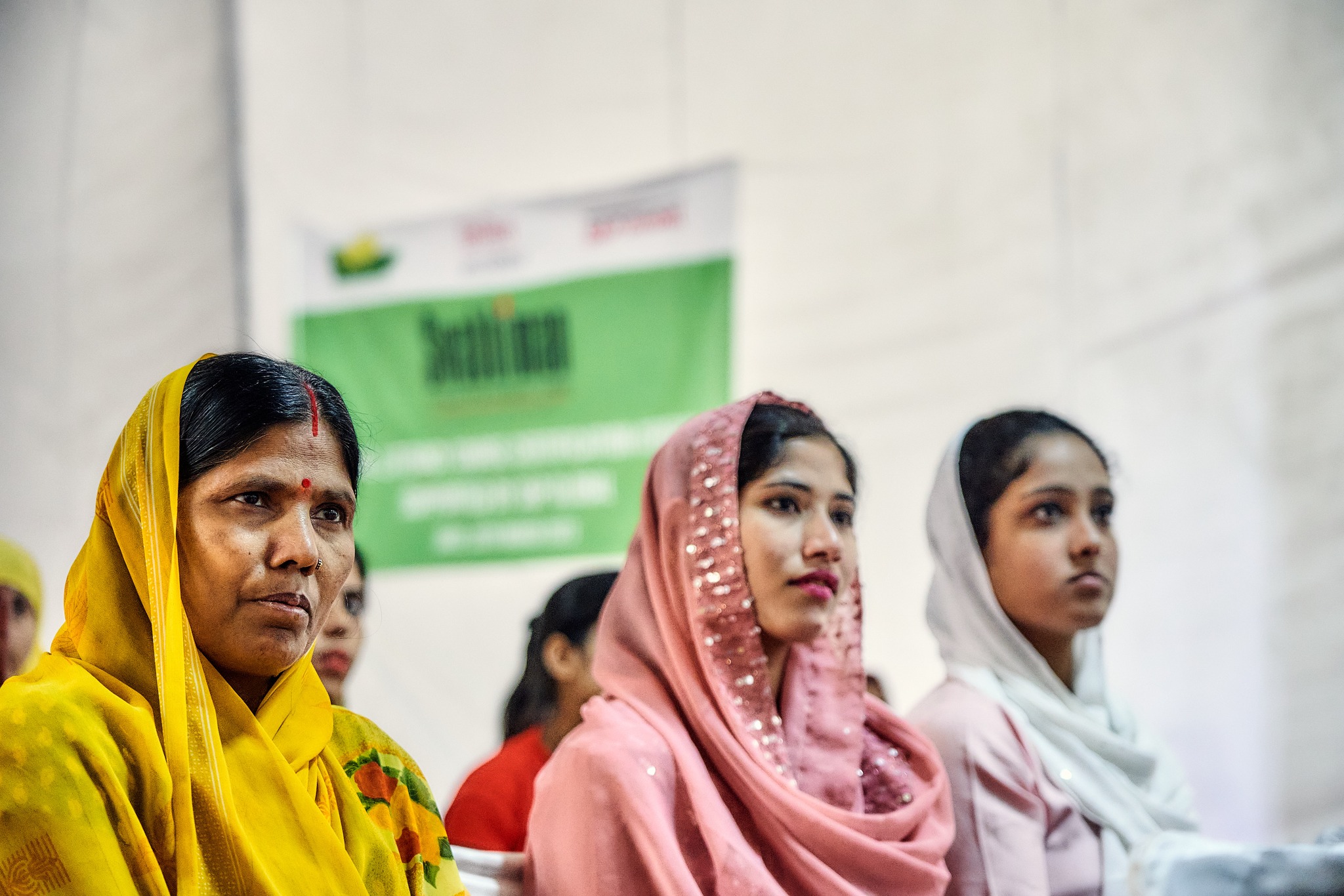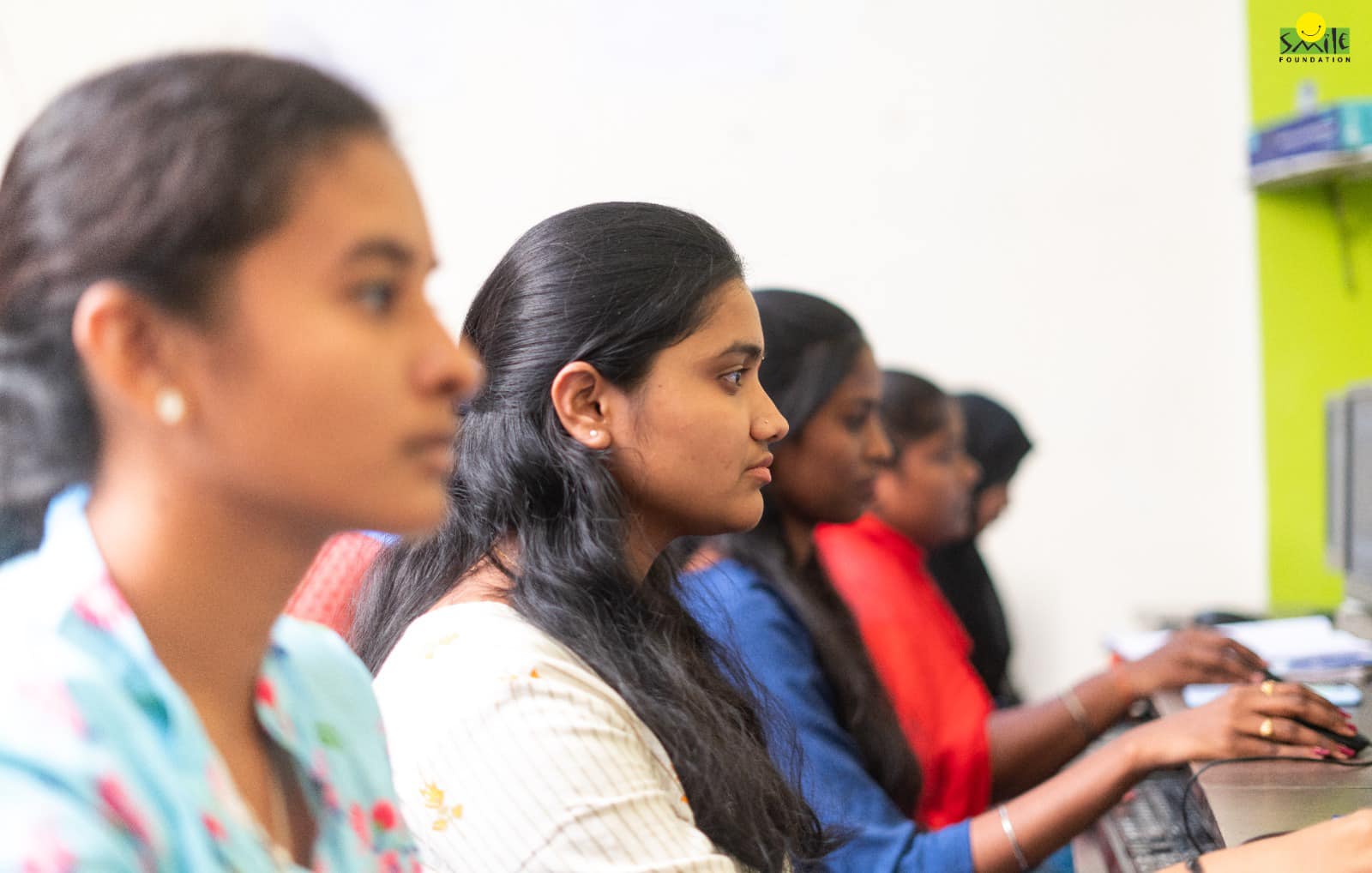Eating healthy, receiving regular medical check-ups, exercising regularly and sleeping adequately are among the factors that aid to improve general health. However, research implies that education may be an unanticipated factor in predicting how healthy and long people will live. Education for better health thus seems to be figuring in the development agenda of nations across the world.
People get the skills they need to live satisfying lives, prosper personally, and contribute to their communities via education. Furthermore, education increases the likelihood that a person will have access to decent healthcare, find work that pays a livable salary, and live in a relatively safe, non-hazardous environment – all of which are determinant for one’s well-being.
According to ‘Healthy People 2020’, people dwelling in poorer socio-economic circumstances are at higher risk for a variety of health difficulties, including higher rates of disease, mental illness, and early mortality.
Early childhood education, high school completion, and college education can all aid people improve their socioeconomic level, lessening the chance of these poor health effects. As a result, public health professionals working to eliminate health inequities must fathom how education affects community health.
Living properly requires good health. People are not healthy simply because they are free of sickness and disability. Physical, mental, and social well-being are three components of health that all impact one another in healthy persons.
Physical health is concerned with the body’s ability to operate properly, fight disease, and recuperate from illness and injury, whereas mental health is concerned with one’s ability to enjoy life, react appropriately to setbacks, and control despair and anxiety.
People who receive a good and quality education are healthier than those who do not. Education not only allows people to advance in their occupations and careers, putting them in a better financial position to obtain good health care, but it also keeps them knowledgeable about how to maintain their health.
A person with a college diploma, for example, may be better able to analyze contradictory or sophisticated information found on the internet about how to manage their prediabetes. Furthermore, someone with less formal education may be less equipped to distinguish between trustworthy and untrustworthy information.
The Relationship between Health and Education
Few can reject education as a social predictor of health when so many elements impact to a person’s well-being. Numerous studies suggest that people with greater degrees of education live healthier and longer lives than those with lower levels of education.
Access to education and improved health have been linked from childhood, various findings say. Studies cited by Healthy People 2020 indicate how early childhood interventions may promote physical and mental development.
Children at schools with limited health resources and teacher assistance, on the other hand, have lower physical and mental health. Early educational possibilities have a long-term impact on health throughout adulthood.
The Carolina Abecedarian Project discovered that people who attended high-quality early childhood education programmes were less likely to engage in dangerous behaviours such as binge drinking and cigarette smoking by the age of 21.
The advantages of early comprehensive education programmes continue to grow.
Education Can Help Improve Healthcare Equity
Many aspects of education are connected to health: literacy, high school graduation, and college enrollment are all chances to increase education and hence promote health equity. Public health experts may help individuals live healthier lives by finding solutions and launching initiatives that address educational inequities.
According to multiple research referenced in Healthy People 2020, low health literacy and low general literacy can inhibit people from knowing about health, appropriately utilizing medications, and taking advantage of preventative interventions. Someone with low health literacy regarding their epilepsy, for example, may take anti-seizure drugs sporadically, causing seizures as a result. Furthermore, someone with low literacy may find it challenging to evaluate and implement information from their doctor on how to treat their disease.
Finding Health Equity-Promoting Solutions
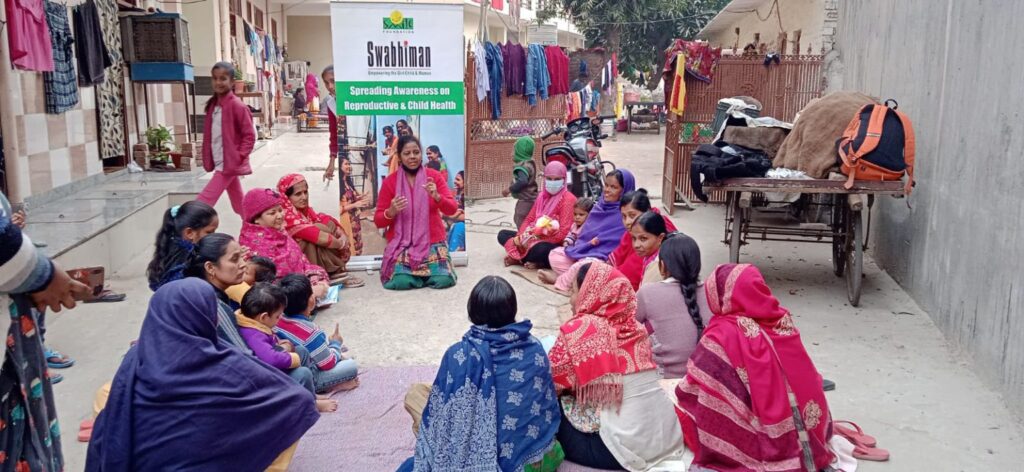
Public health experts play a crucial role in safeguarding people’s health and preventing health problems from arising. Assessing and managing the health concerns of a town with lead in its water or designing a pediatric dental hygiene education program for children with cavities are examples of their work. Public health professionals contribute to health equality through teaching communities about healthy lifestyle choices, developing programs to make health care and social assistance more accessible, and lobbying for regulations that guarantee everyone has access to clean food and water.
Smile Foundation’s Healthcare Mission
Smile Foundation brings excellent healthcare services to the poor, and provides healthcare knowledge and awareness among the disadvantaged. Click here to know more.



